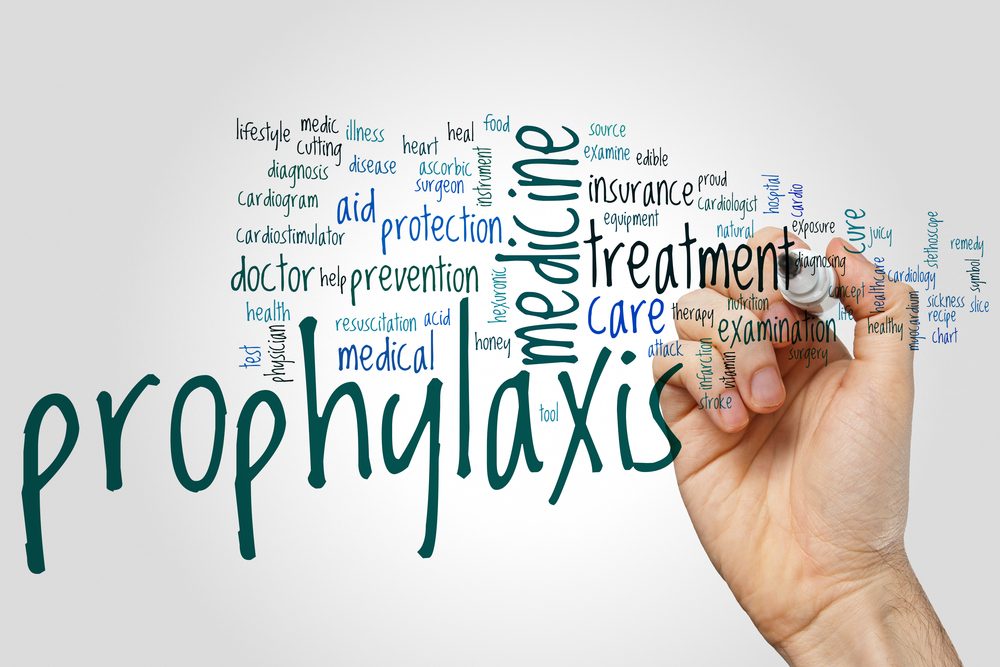Idelvion Approved in Europe for 21-day Prophylactic Dosing in Adults With Hemophilia B

The European Medicines Agency (EMA) has approved 21-day dosing intervals for CSL Behring‘s Idelvion (rIX‐FP) as a prophylactic treatment for adults with hemophilia B.
Idelvion — which is also approved in the U.S. and Canada — is a long-acting fusion protein linking recombinant factor IX (rFIX) and albumin, the most abundant protein in blood plasma. FIX is the blood clotting protein missing or defective in hemophilia B patients.
For long-term prophylaxis (prevention), the therapy is usually given in weekly doses of 25 to 40 international units (IU)/kg. For people whose bleeding is well-controlled, this could be increased to 75 IU/kg every two weeks.
“We listened to our patients and shared their vision for the promise of a therapy that provides a personalized therapy with an extended treatment regimen beyond 14 days,” said Lutz Bonacker, PhD, senior vice president and general manager at CSL Behring Europe, in a press release.
“We are proud to be the only company to offer a product like Idelvion with broad flexible dosing options with the potential to reduce the treatment burden for many patients,” Bonacker added.
Current therapies work as on-demand treatment to control or prevent bleeding episodes, provide protection during surgery, or as a preventive measure against spontaneous bleeding.
Idelvion (albutrepenonacog alfa) is administered by intravenous injection (directly into the bloodstream) and can be self-administered or given by a caregiver. The therapy has been designed to extend the time it stays active in the blood over existing alternatives. According to CSL Behring, the lab-made albumin linked to rFIX has low potential for immune reactions, a well-known mechanism of clearance, and a good safety profile.
“This longer treatment interval provides the opportunity for additional dosing options for patients and healthcare professionals, thus improving further tailored treatment with Idelvion,” said Giancarlo Castaman, MD, Director of the Centre for Bleeding Disorders and Coagulation in Careggi Hospital, in Italy.
The long-term efficacy and safety of routine Idelvion prophylaxis were supported by the findings from a recent Phase 3 extension study (NCT02053792) involving 59 adults and adolescents with hemophilia B.
Patients were treated with weekly doses of 35–50 IU/kg or up to twice weekly with 50–75 IU/kg. Adults whose bleeding was well-controlled on the 14-day regimen for six months or more could switch to a 21-day regimen of 100 IU/kg.
Compared to the weekly regimen, patients taking Idelvion every 14 or 21 days demonstrated similar outcomes and with very low bleeding rates, the researchers said. The therapy was well-tolerated, and the safety profile of the 21‐day regimen was similar to the approved weekly regimen.






